Rebel members have likened the new Highland Council coalition to a pack of terriers in with the wolves.
Once the dominant group in the chamber, the official Highland Independent group fractured in the wake of its coalition deal with the SNP.
To be fair, there were signs of trouble before the election, too.
Some members – such as Sutherland councillor Jim McGillivray – had peeled away. Others, like Andrew Baxter, were booted out and failed to win their seat in this election.
This time around, the SNP won more seats than the indies for the first time. Is Highland’s long-standing sweet spot for independent councillors in danger of turning sour?
What does it even mean to be an ‘independent’ any more?
The terriers join the wolf pack
Councillor Matthew Reiss has mixed feelings. Formerly a senior administration member and deputy budget leader, Mr Reiss first raised eyebrows when he resigned his post on the corporate resources committee.
At the time, he slammed the council’s financial plan as “unaffordable” and suggested the Independent-led administration was not being completely open with its constituents.
Nonetheless, Mr Reiss stood for re-election as an independent candidate. He chose not to join the Highland Independent group when they announced plans to go into coalition with the SNP. The Caithness councillor is critical of the Scottish Government’s stance on nuclear energy and what he perceives as a centralising agenda.
And he has a grim metaphor for the coalition.
“I’ve always thought of independent councillors as a cheerful pack of terriers,” he said. “My fear now is that the terriers will be muzzled in terms of their ability to challenge the Scottish Government.
“The terriers have joined the wolf pack in the summer, when food is plentiful. In winter it will be survival of the biggest and fittest. The SNP is dominant in numbers and it’s the party of government. The wolves will survive at all costs.”
‘Real democracy is about polite, respectful challenge’
Despite Mr Reiss’ qualms about the coalition, he says non-political councillors are essential.
“The future for independents is concerning,” he said. “In 2003 there were 57 independent councillors, so our numbers now are a third of what they were. It looks like continued decline.
“In the recent elections it struck me that people were thinking with their national hats on, about the cost of living, war in Ukraine and other issues beyond the council. The independents got squeezed by big politics.”
Is there still a role for independent members, then?
“The Highland Independent group may be scrappy, but real democracy is about polite, respectful challenge,” said Mr Reiss.
In that sense, he believes the Highland Independent group is more democratic than its political counterparts, who vote by the whip.
This chimes with Independent group leader Bill Lobban’s comments that the Highland Independents is a “broad church” where differing views are debated and respected.
Ultimately, Mr Reiss feels more comfortable as a non-aligned member, styled as a Caithness Independent.
And he’s not the only one.
Councillor Duncan Macpherson is not part of the new administration, a move he says he’s happy with. “I can represent my constituents better as a completely independent independent,” he said.
Do we need a wartime cabinet?
Like Mr Reiss, Mr Macpherson was dismayed by the coalition. However, his complaint is not SNP policies per se, but a lack of imagination.
“It’s too narrow-minded a coalition,” he said. “They jumped at the easy option and the easy arithmetic of joining together the two biggest groups.”
Instead, Mr Macpherson would have liked to see a “rainbow coalition”.
“Bill Lobban as convener said himself that Highland Council is facing some of the biggest challenges post wartime of any council,” he said. “With that in mind, you’d think the administration would want to harness the best minds, the best experience and the best skills from across all 74 members of the chamber.
“That’s what wartime cabinets were: coalitions of the best people. In these most challenging of times, they have missed an opportunity.”
Mr Macpherson points to the first rounds of votes at Highland Council last week. Despite rhetoric around cross-party collaboration, members voted along party political lines for committee places.
And therein lies another challenge for independent members.
Row looms over committee places
Maxine Smith broke away from the SNP group with Pauline Munro and Liz MacDonald in 2020. She said she could no longer tolerate the political ambitions of some of her SNP colleagues.
Ms Smith now stands alone as a non-aligned independent. Like councillors Reiss, McGillivray and MacPherson, this means she isn’t guaranteed a place on any committees.
Highland Council divvies up its committee membership on political balance, so if a group has less than four members, they don’t automatically get a seat.
Mr Reiss is philosophical about it, saying he recognises that’s the rule. But Ms Smith, as former chair of north planning committee, finds it a bitter pill to swallow.
“It’s unfair that independents have to form a group to gain committee places,” she said. “So the four independents who didn’t wish to join the big group now do not have committee memberships. We are being true independents.”
Ms Smith highlights a common criticism of the Highland Independent group: they campaign as individuals but vote in a pack, without any settled party position.
“An independent is now really a party member, but a party with no policy or manifesto,” she said. “It’s a mishmash of everything all thrown in.”
She says the Highland Independent group either has no policies, or disparate policies. As such: “They will find themselves having to adopt those policies and promises the SNP candidates made, pre-election.”
‘Our focus is on the Highlands’
Mr Lobban, as Independent group leader, did not immediately respond to requests for comment. However, he previously rubbished claims that the Highland Independent group is walking a political tightrope.
“Whichever way an independent goes they get criticised for going with one political party or another, but our focus is on the people of the Highlands,” he said. “During negotiations with the SNP group we got the impression that their focus was on the people of the Highlands too.”
In fact, Mr Lobban believes the SNP deal will help make the case for more funding from central government. There are no muzzles here.
“It certainly won’t be detrimental to have the ear of Government ministers,” he said.
New Highland Council leader Raymond Bremner previously stressed that the SNP is not the dominant group in the pack.
“This is a proposal between two groups who will work in full collaboration as a joint administration,” he said.
So are they terriers, or wolves? Time will tell – but for the sake of the Highlands, let’s hope they show some teeth.
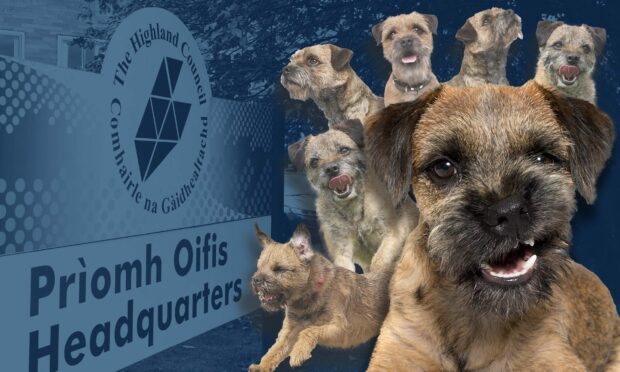
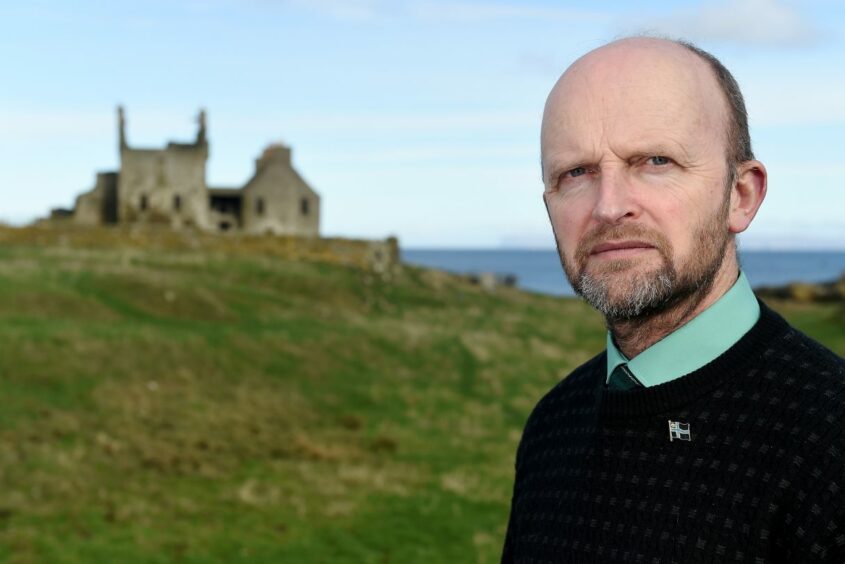
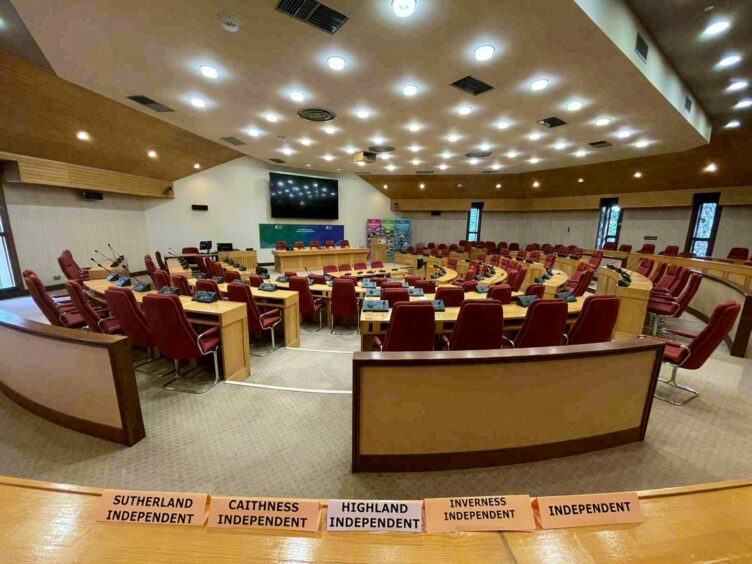
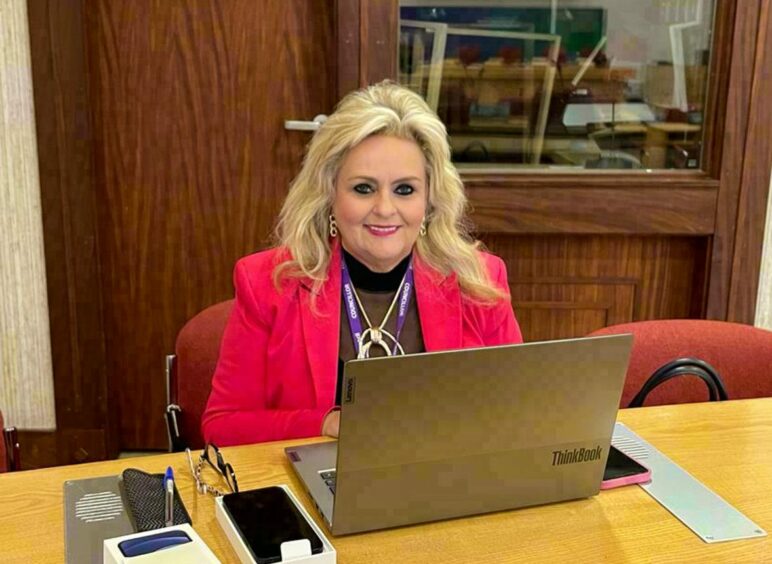
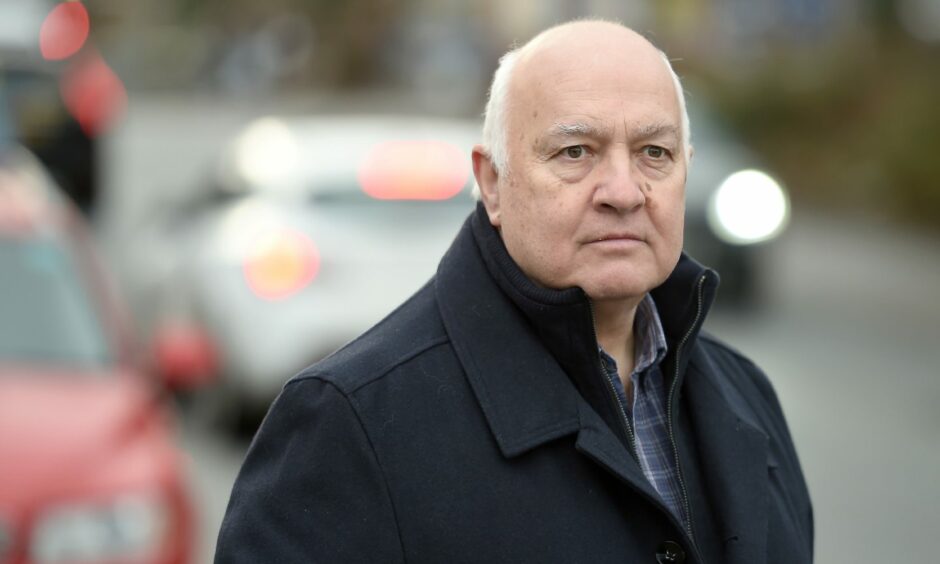
Conversation